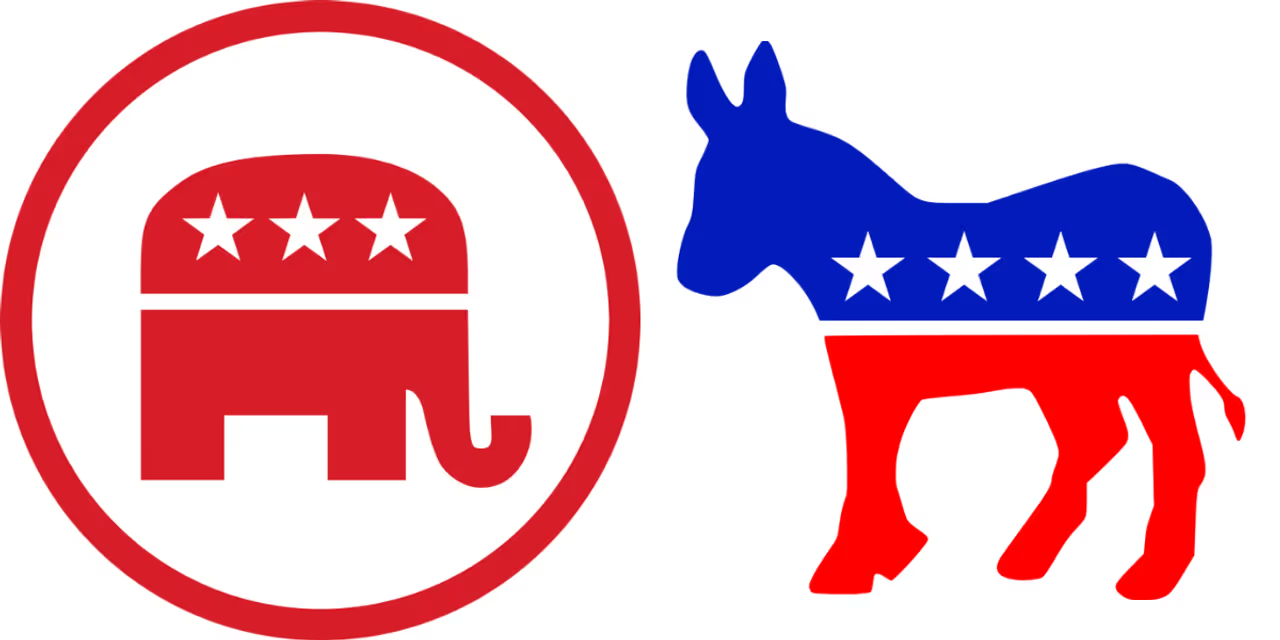
By Joe Lombardi From Daily Voice
Voters in one of the most politically watched states are already signaling who they see as the strongest contenders for the 2028 presidential race.
According to results released this week, by the University of New Hampshire’s Granite State Poll, former Transportation Secretary Pete Buttigieg leads the early Democratic field with 19 percent support among likely primary voters.
California Gov. Gavin Newsom follows at 15 percent, New York Rep. Alexandria Ocasio-Cortez at 14 percent, former Vice President Kamala Harris at 11 percent, and Vermont Sen. Bernie Sanders at 8 percent.
On the Republican side, Vice President J.D. Vance dominates with 51 percent support — far ahead of former United Nations Ambassador Nikki Haley (9 percent), Director of National Intelligence Tulsi Gabbard (8 percent), and Secretary of State Marco Rubio (5 percent).
The Granite State Poll surveyed likely voters in New Hampshire, home of the nation’s first presidential primary.
The poll serves as a key early gauge of candidate momentum because strong performances in the Granite State often shape national narratives and fundraising that follow.
The survey also found that 54 percent of New Hampshire residents disapprove of President Donald Trump’s job performance, while 45 percent approve and 1 percent are unsure.
The poll was conducted by the University of New Hampshire between Thursday, Oct. 16 and Tuesday, Oct. 21. The poll included 1,547 residents of New Hampshire, with a margin of error of plus or minus 2.5 percentage points for the overall survey.
Why New Hampshire Matters
New Hampshire’s influence in presidential politics is rooted in more than a century of tradition. It first held a presidential primary in 1916, though voters selected delegates rather than candidates. In 1920, the state moved its primary earlier than others, and by 1948, residents were directly selecting presidential hopefuls — a change that helped cement the contest’s national importance.
The state’s role grew even larger in 1952, when Dwight D. Eisenhower’s victory there vaulted his candidacy to national prominence. Since then, strong or surprising performances in New Hampshire — such as Bill Clinton’s “Comeback Kid” moment in 1992 — have often reshaped campaign narratives.
State law requires New Hampshire to hold the first presidential primary in the nation, allowing its Secretary of State to adjust the date to stay ahead of challengers. The primary typically follows the Iowa caucuses by about a week.
Though New Hampshire awards relatively few delegates, its symbolic power and media attention can launch — or derail — campaigns. The Granite State’s mix of independent voters, town-hall tradition, and retail politicking make it an unrivaled proving ground for presidential hopefuls.

 Daily Voice
Daily Voice
 Associated Press US News
Associated Press US News America News
America News Raw Story
Raw Story AlterNet
AlterNet The Babylon Bee
The Babylon Bee 11Alive Politics
11Alive Politics CNN Politics
CNN Politics FOX News Videos
FOX News Videos